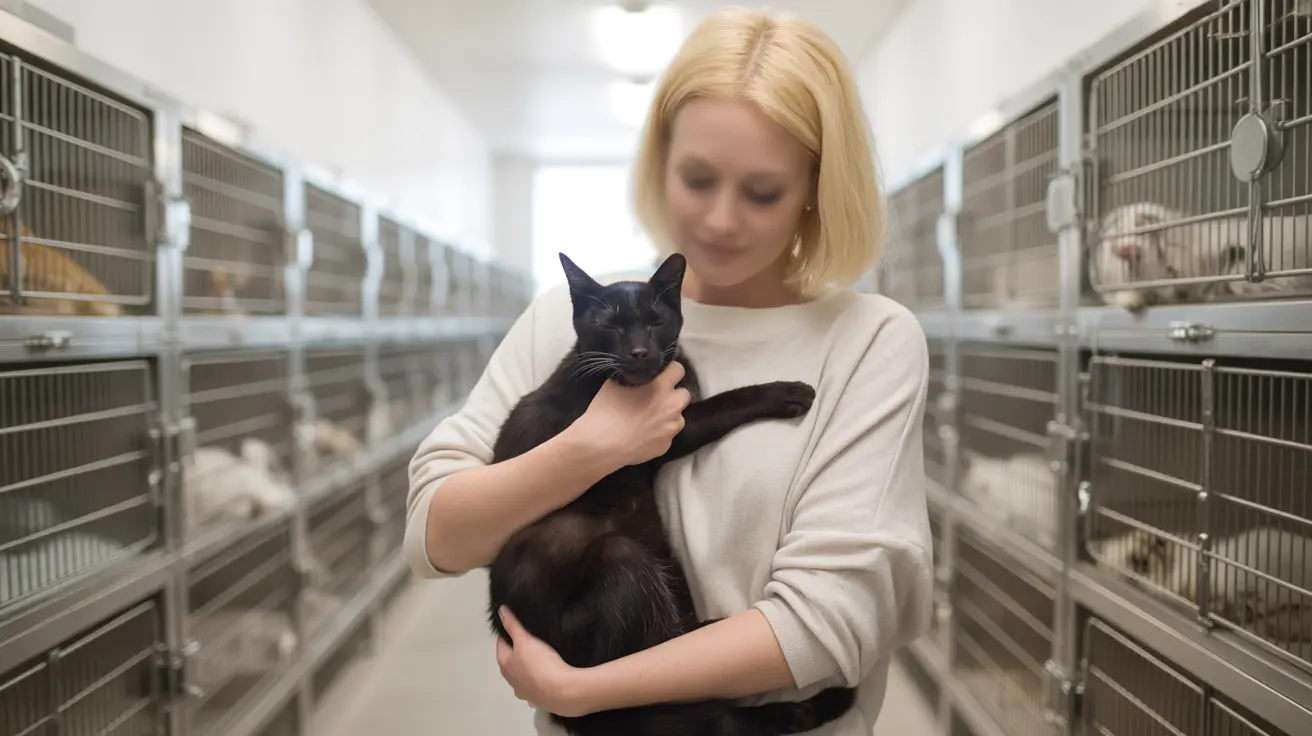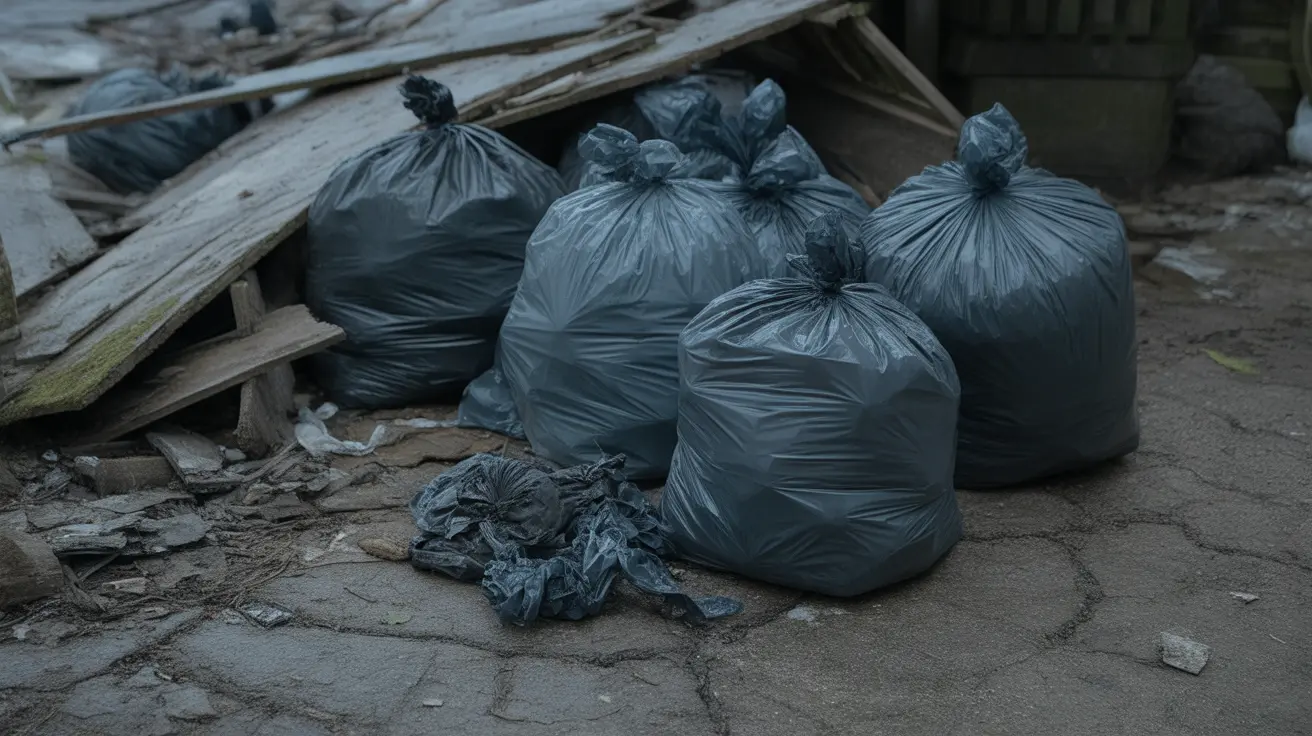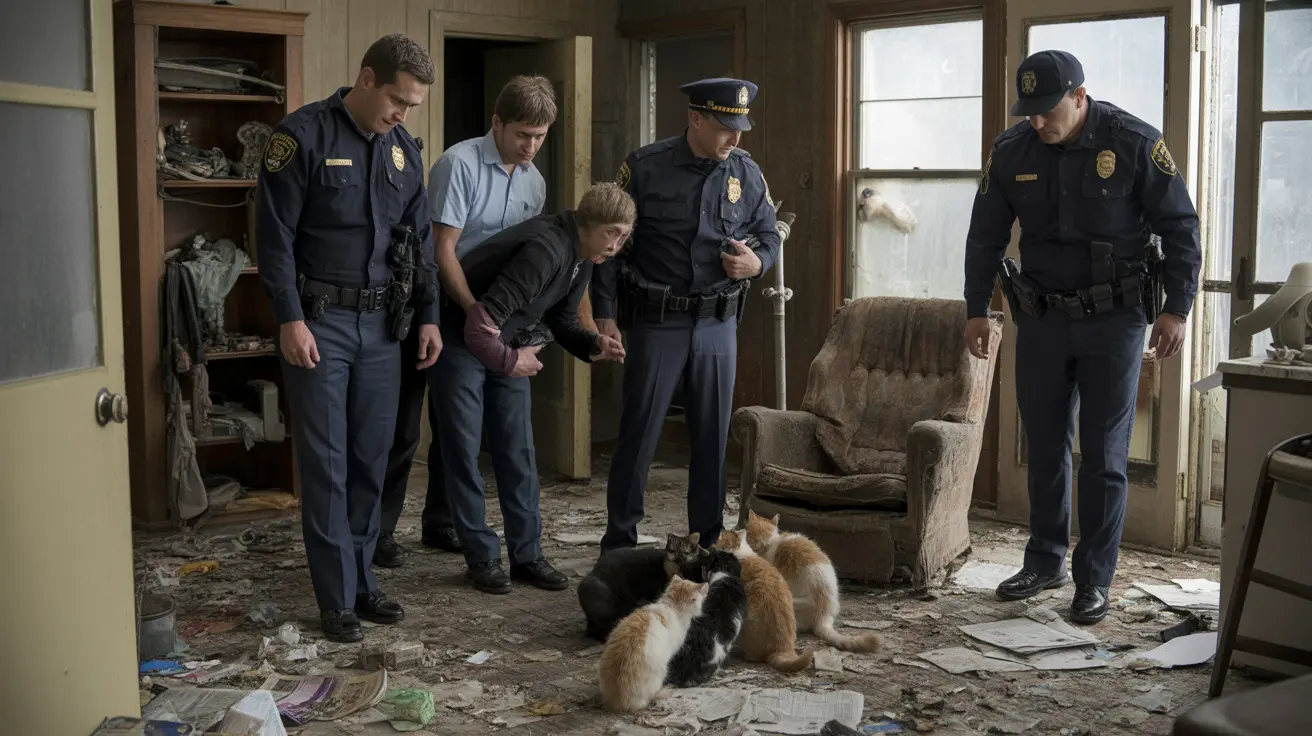Should You Withhold Food if Your Dog Has Diarrhea?
Diarrhea in dogs is a common symptom rather than a disease itself. It signals that something is amiss in your dog's gastrointestinal system. Causes can range from minor dietary indiscretions to more serious underlying health issues. If your furry companion suddenly starts having loose or watery stools, knowing how to respond is essential to ensuring their well-being.
Understanding Dog Diarrhea
Dog diarrhea is defined as passing loose or liquid stools in greater amounts or more frequently than usual. Although it can range from mild to severe, it's crucial to assess the situation promptly.
Common Causes of Diarrhea in Dogs
- Dietary indiscretion – Eating garbage, spoiled food, or sudden changes in diet
- Infections – Viral, bacterial, or parasitic
- Stress and anxiety
- Food allergies or intolerances
- Organ dysfunction
- Toxins or foreign object ingestion
- Chronic illnesses like inflammatory bowel disease or cancer
When to Withhold Food
For mild, acute diarrhea in otherwise healthy adult dogs, withholding food for 12 to 24 hours is often recommended. This fasting period allows the gastrointestinal tract to rest and recuperate. However, always ensure access to fresh water to prevent dehydration.
When Not to Withhold Food
- Puppies and senior dogs – These groups are more vulnerable and can become dehydrated quickly.
- Dogs with pre-existing health conditions – Consult your veterinarian before fasting your pet.
- Chronic or severe diarrhea – Withholding food may not be effective or appropriate.
Reintroducing Food
After the fasting period, reintroduce food gradually using a bland diet, typically consisting of:
- Boiled chicken or lean hamburger (no seasoning)
- White rice or boiled potatoes
Feed small, frequent meals and monitor your dog’s stool. Gradually transition back to their regular food over several days to avoid recurrence.
Signs Requiring Immediate Vet Attention
- Diarrhea lasting more than 48 hours
- Repeated episodes
- Bloody or black tarry stools
- Vomiting, lethargy, or abdominal pain
- Dehydration or refusal to drink water
Veterinary Diagnosis and Treatment
If your dog’s condition doesn't improve or worsens, a veterinarian may perform:
- Physical exam and medical history
- Blood tests and fecal analysis
- X-rays or ultrasounds to identify obstructions
- Advanced diagnostics if chronic illness is suspected
Treatment may include:
- Fluid therapy to address dehydration
- Probiotics to restore gut flora
- Medications for nausea, infection, or parasites
- Prescription diets for gastrointestinal support
Things to Avoid
- Feeding your dog treats or rich foods during recovery
- Giving human medications not prescribed by a vet
Preventing Future Episodes
Preventing diarrhea involves proper care and attention:
- Gradual dietary transitions
- Regular vaccinations and parasite control
- Supervised outdoor activity to avoid scavenging
- Minimizing stress and environmental changes
- Providing clean water at all times
Final Thoughts
Most mild cases of diarrhea resolve within a couple of days with rest, hydration, and a bland diet. However, don’t hesitate to contact your veterinarian if symptoms persist or worsen. Early intervention can prevent more serious complications such as dehydration or nutrient deficiencies. Understanding when to withhold food—and when not to—is pivotal to supporting your dog's recovery.





